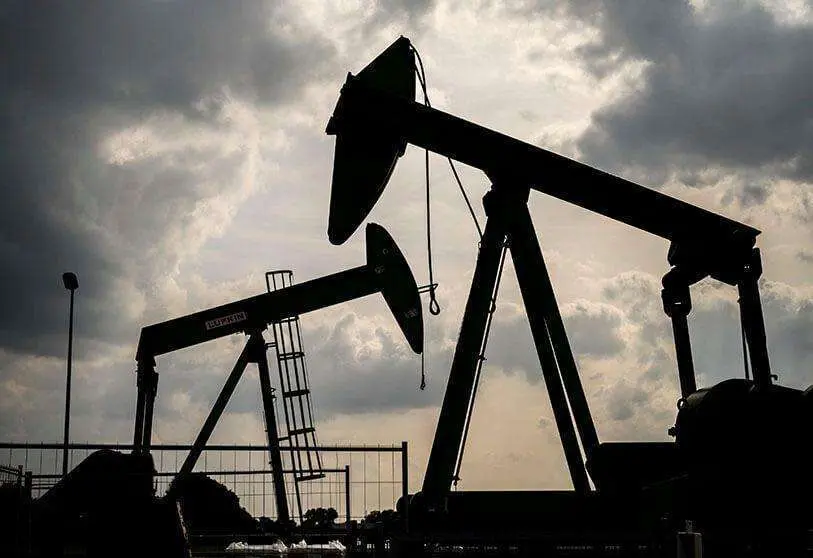Saudi Arabia and UAE will save surplus oil for the winter

Saudi Arabia and the United Arab Emirates could pump more oil, in what would be "a significant increase", in case oil production faces a severe supply crunch this winter. However, the two Arab countries remain reluctant to increase production to the levels demanded by the US, at least officially.
All this comes at a time when OPEC+ members are reportedly producing crude oil below their allocated quotas. This low production could be due to the sanctions applied to Russia by the West, as well as the lack of investment needed to increase pumping. In this respect, in June alone, production was almost 3 billion barrels per day below the allocated quota.

This situation is the result of the agreement that OPEC+ has managed to reach with Russia to increase production by an additional 100,000 barrels per day since September. This slight rise in production has not, however, managed to alleviate the aspirations of the US government after its president, Joe Biden, travelled to Riyadh to try to reach an agreement with the crown prince, Mohammed bin Salman, on an increase in production.
This increase has managed to push Brent above 100 dollars, with a rise of more than 1%, although it again lost some of this growth. Furthermore, this slight increase is not going to mean "a big change" in the current scenario, as it is equivalent to only 86 seconds of difference in the pumping of oil demand at a global level.
According to a statement issued by OPEC + on the website of the Organisation of Petroleum Exporting Countries, the capacity to pump a greater amount of oil is "very limited", therefore, they demand that "it be used with great caution".

In addition to this increase, last June OPEC+ ministers agreed to a gradual monthly increase in production until this August, without specifying how production would continue after the summer.
The current energy crisis, caused by Russia's invasion of Ukraine, has had a drastic influence on crude oil prices, which has led world leaders to adopt emergency measures in record time. In addition, Russia has decided to cut part of its gas supply and its crude oil exports, as a result of the blockade decreed by the United States, the European Union and the United Kingdom, which means that, with a view to the winter, world governments are now calling for energy-saving measures to be implemented.








